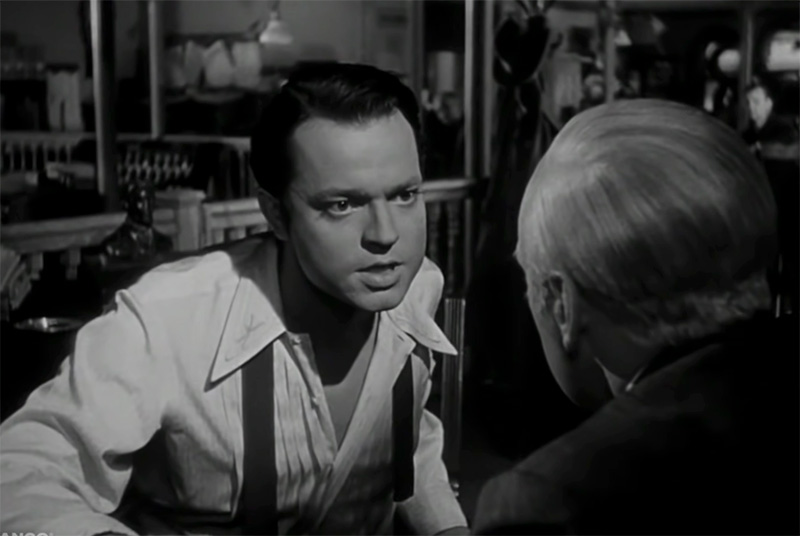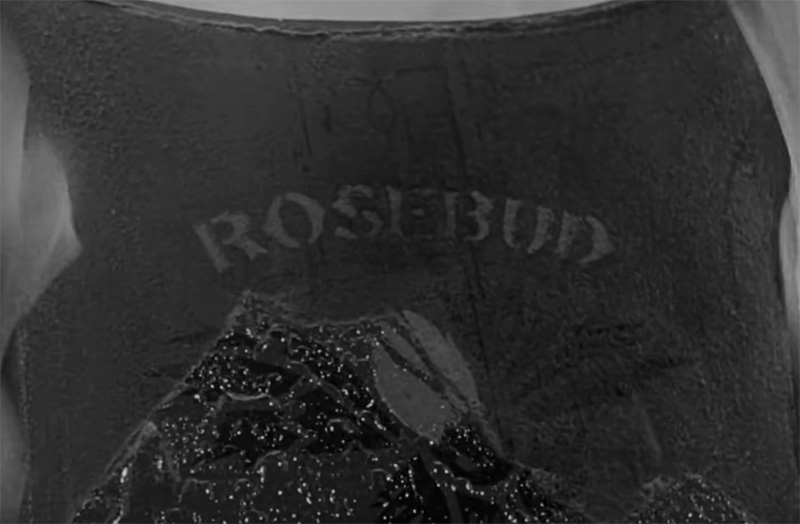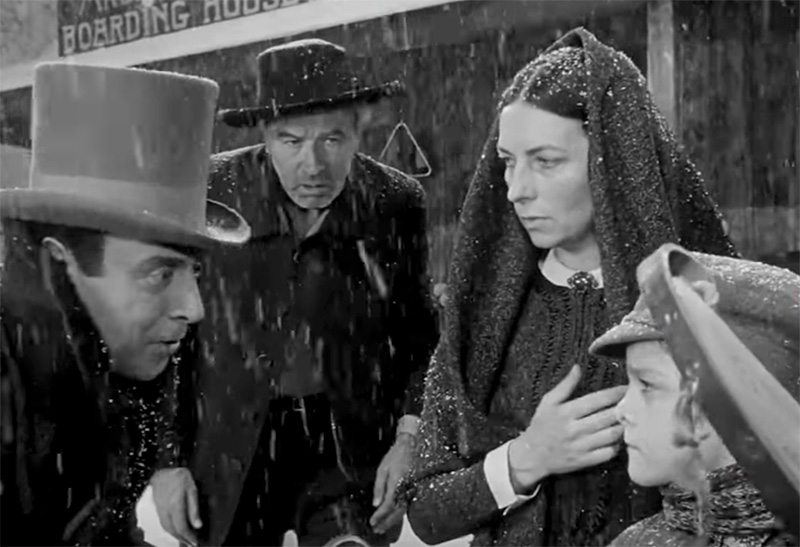
Orson Welles’ “Citizen Kane” is a film that has been pored over and dissected by critics and audiences alike since its release in 1941. At the heart of its labyrinthine narrative lies a single word—Rosebud—a cryptic utterance from the dying Charles Foster Kane that frames the entire film. This enigmatic term has become a symbol of cinematic mystery, a puzzle that the film invites us to solve. But what does “Rosebud” truly represent, and why does it continue to captivate the imaginations of viewers more than eighty years later?
The Enigma of “Rosebud
The film opens with the death of Charles Foster Kane, a wealthy newspaper magnate who whispers “Rosebud” before passing away. This final word sets in motion a retrospective journey through Kane’s life as a reporter seeks to uncover its meaning. The narrative structure of “Citizen Kane” is non-linear, a mosaic of memories that piece together Kane’s rise to power and subsequent fall from grace. Yet, throughout this exploration, “Rosebud” remains an elusive secret, its significance guarded until the film’s closing moments.
The Symbolism of the Sled

In the film’s poignant conclusion, it is revealed that “Rosebud” is the name of Kane’s childhood sled, an object from a time before he was torn from his family and thrust into a life of affluence and expectation. This revelation casts “Rosebud” as a symbol of innocence and happiness—a tangible link to a past where Kane’s life was defined by simplicity and joy, not by his relentless pursuit of power and possession.
“Rosebud” and Kane’s Lost Innocence

The sled, abandoned in the snow as Kane leaves his childhood home, represents the last vestige of his innocence. It is a relic of a time when Kane was free from the burdens of his eventual empire. In his final moments, Kane longs not for the trappings of his success but for the unblemished happiness of his youth. “Rosebud” thus becomes a poignant commentary on the human condition—the universal yearning for a return to a time of purity, uncorrupted by the complexities of adult life.
The Broader Implications of “Rosebud”
Beyond its personal significance to Kane, “Rosebud” also serves as a broader metaphor for the futility of materialism. Kane’s life, though filled with wealth and power, is ultimately one of profound emptiness. The sled, a simple wooden toy, stands in stark contrast to the opulence that Kane surrounds himself with—a reminder that the most precious things in life are often those that cannot be bought or reclaimed.
The Lasting Impact of “Rosebud”
The mystery of “Rosebud” is a masterstroke of storytelling, a narrative device that drives the film’s plot and themes. It is a testament to Welles’ understanding of the medium’s power to engage and provoke thought. “Rosebud” has transcended “Citizen Kane” to become a cultural touchstone, a shorthand for the elusive quests that drive us and the complex layers that define every life.
“Rosebud” is more than just a plot point in “Citizen Kane”; it is the emotional core of the film. It represents the lost innocence of Charles Foster Kane and, by extension, the loss that we all mourn as we transition from the simplicity of childhood to the responsibilities of adulthood. In its broader thematic reach, “Rosebud” challenges the audience to reflect on the true value of success and the irreplaceable nature of life’s simple joys. As “Citizen Kane” continues to be revered for its innovative filmmaking and narrative complexity, “Rosebud” endures as a poignant symbol of the eternal human quest for meaning and the bittersweet nostalgia for what once was—or what could have been.










Leave a Reply